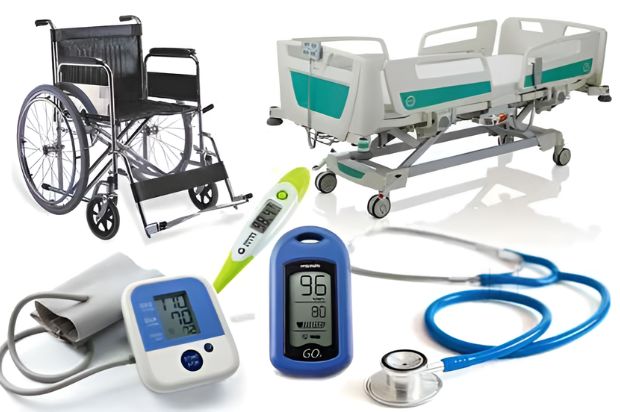
Physiotherapy Service
Physiotherapy, also known as physical therapy, is a healthcare profession focused on enhancing and restoring movement and physical function in individuals affected by injury, illness, or disability. Through various treatment methods such as exercises, manual therapy, and electrotherapy, physiotherapists aim to alleviate pain, improve mobility, and prevent further injury. They work with patients of all ages, addressing conditions related to musculoskeletal, neurological, and cardiovascular systems. A personalized treatment plan is often developed based on the patient's specific needs, whether it's recovery from surgery, chronic pain management, or improving overall strength and flexibility.







